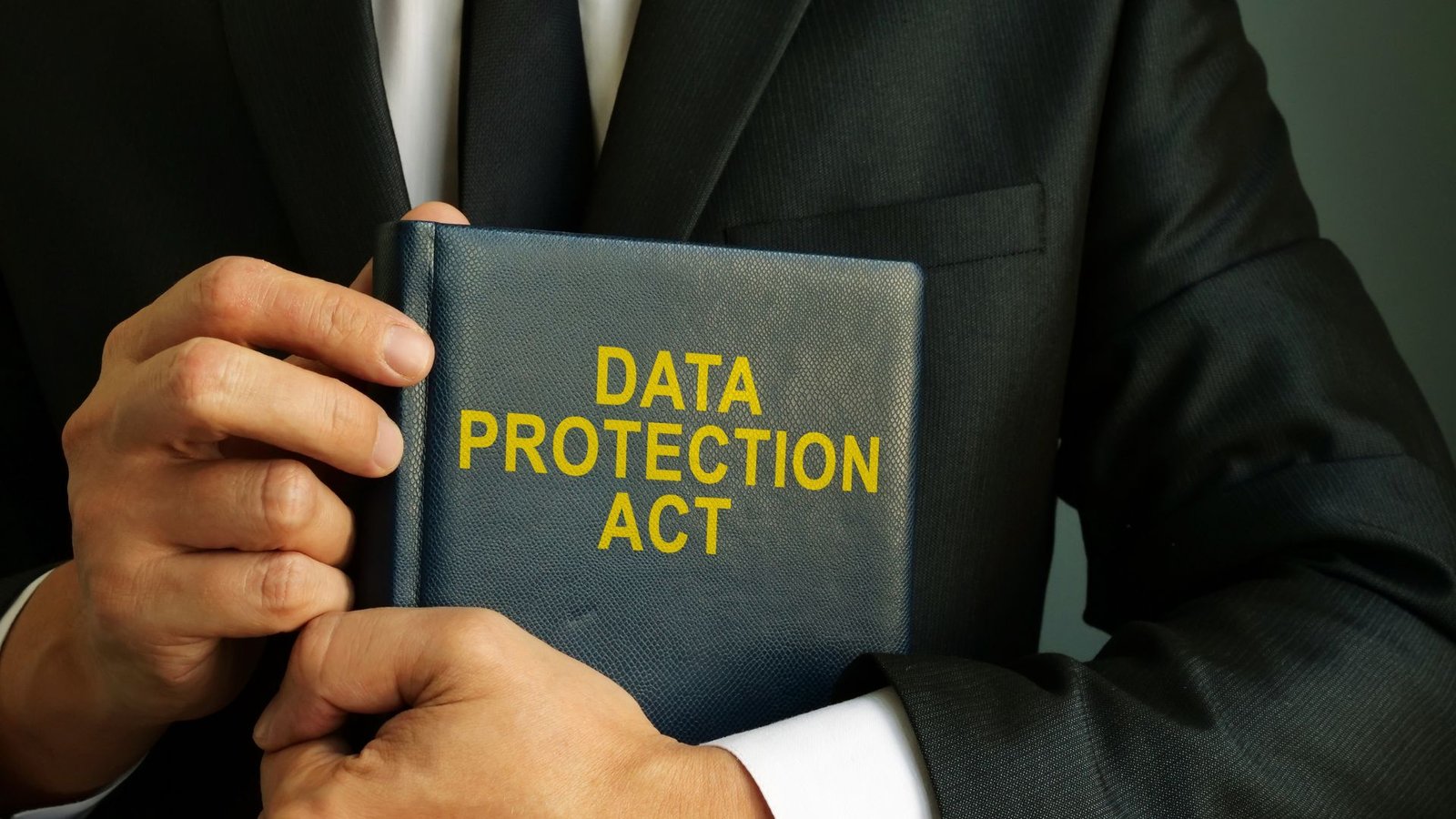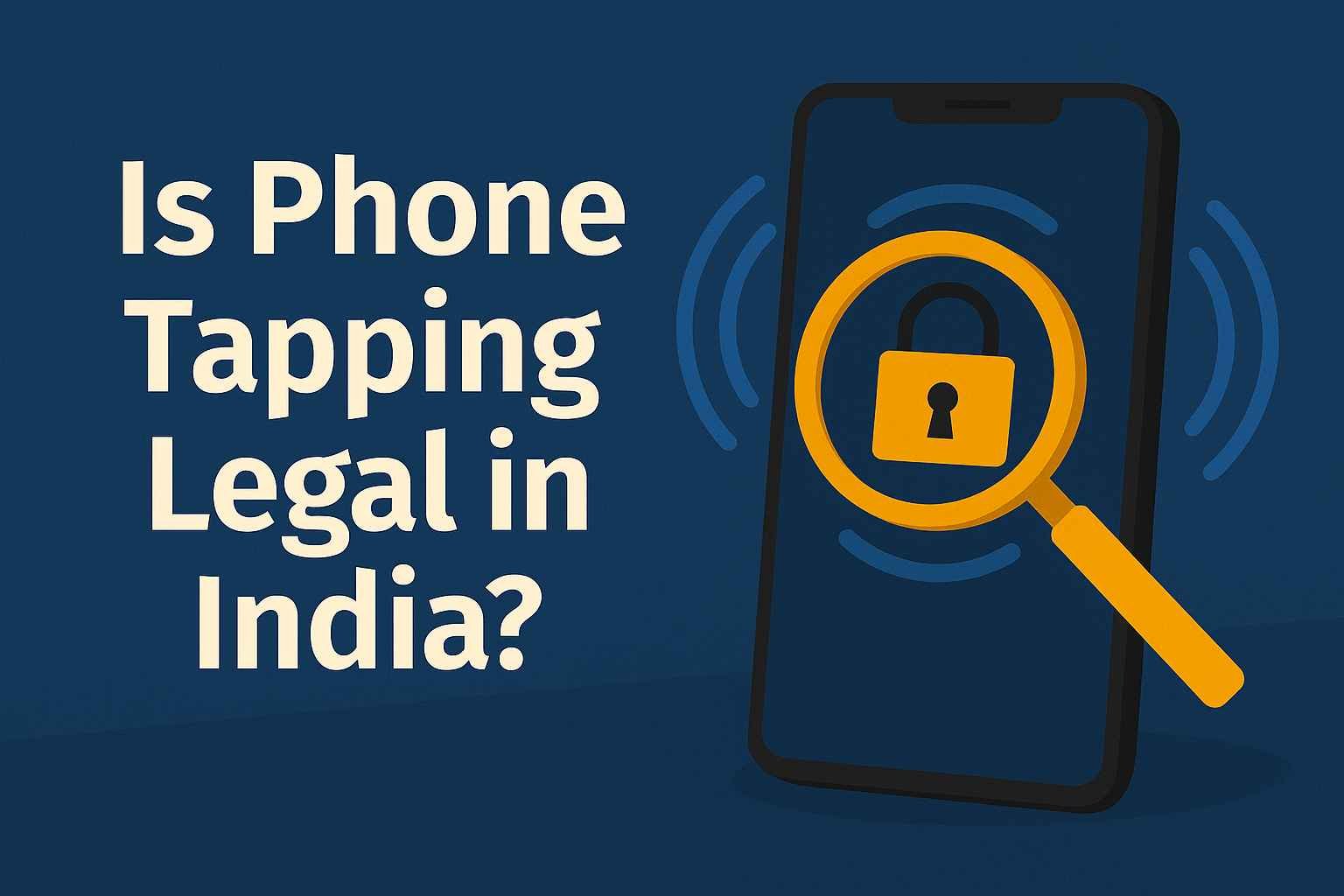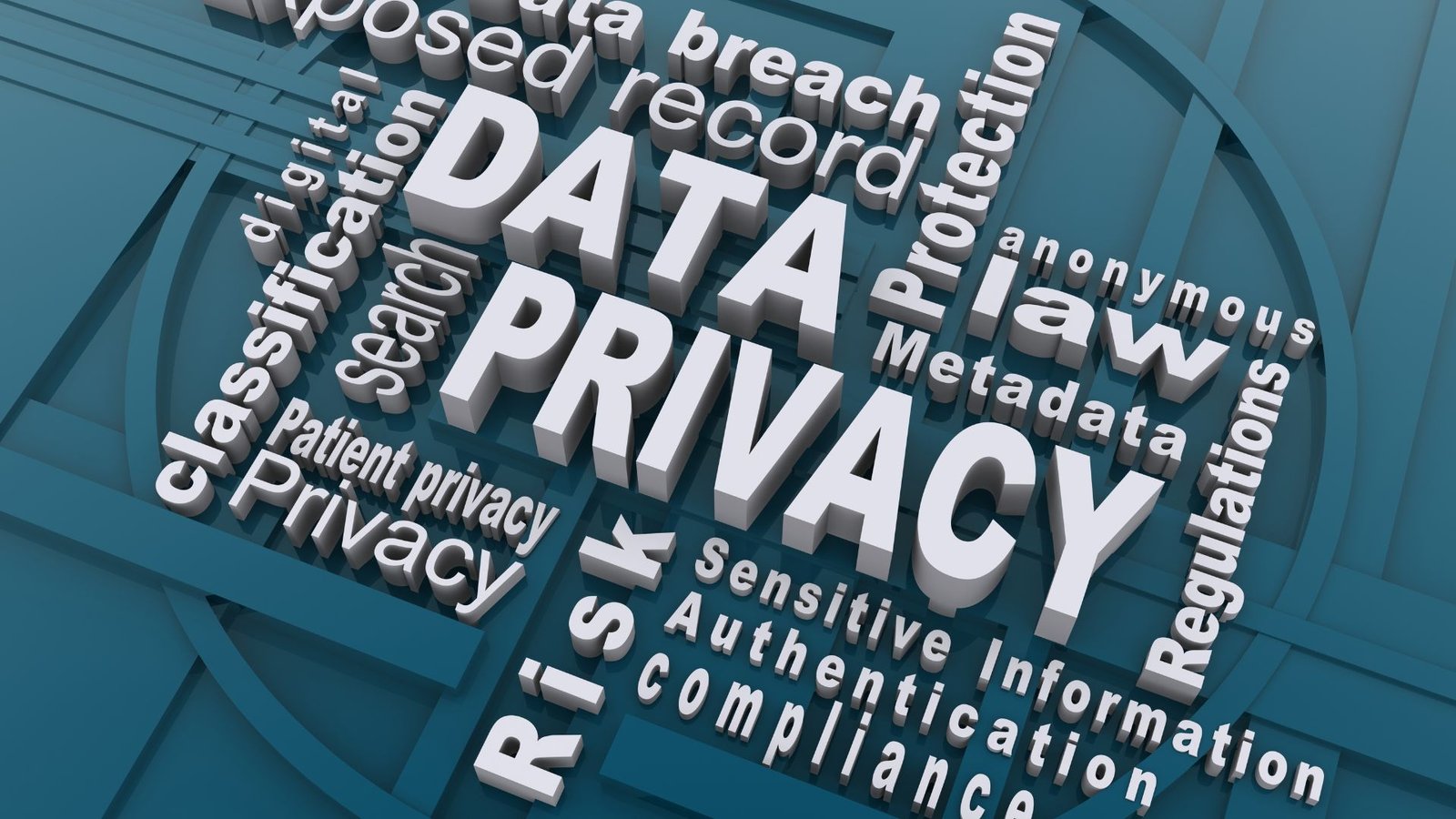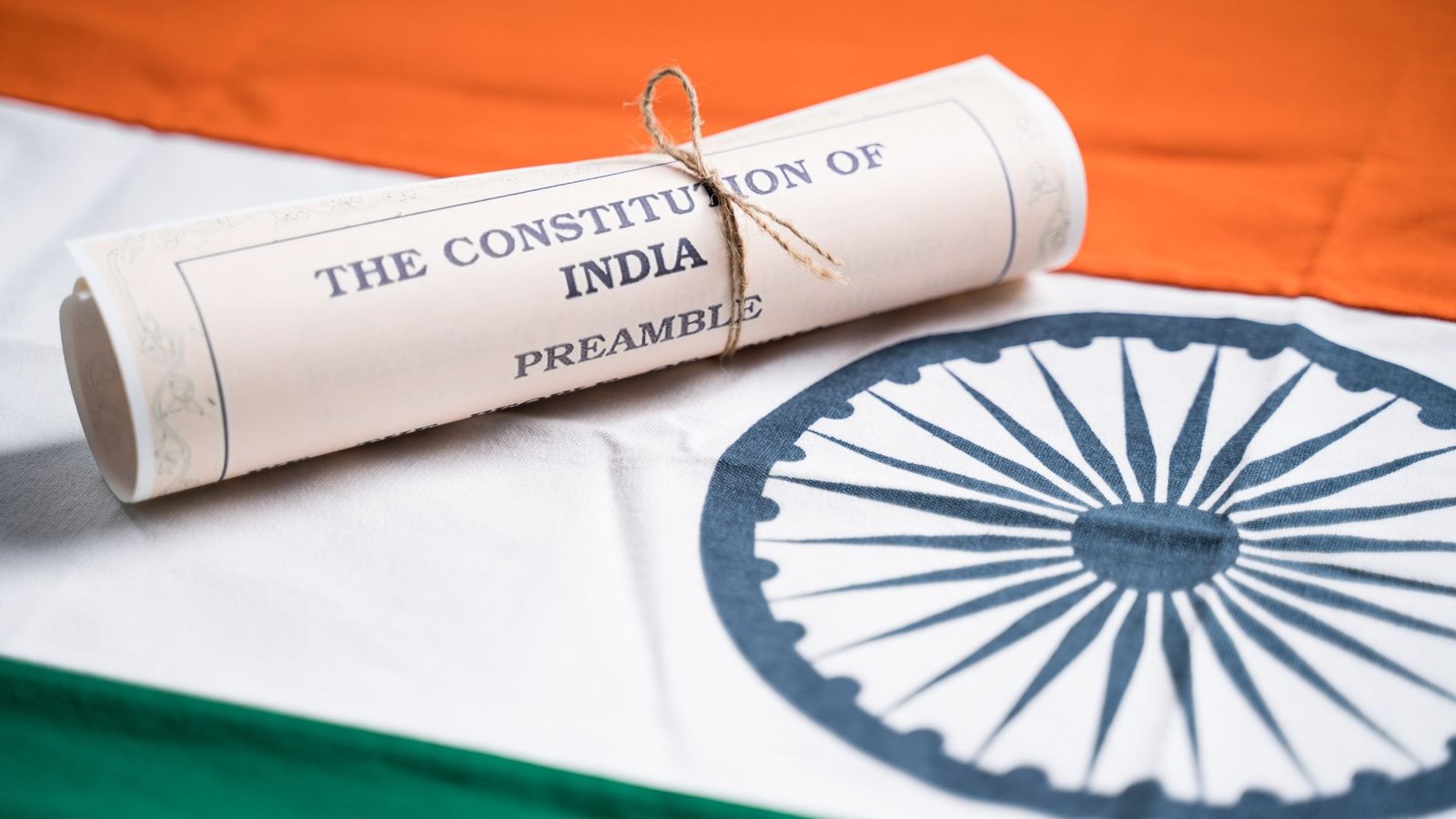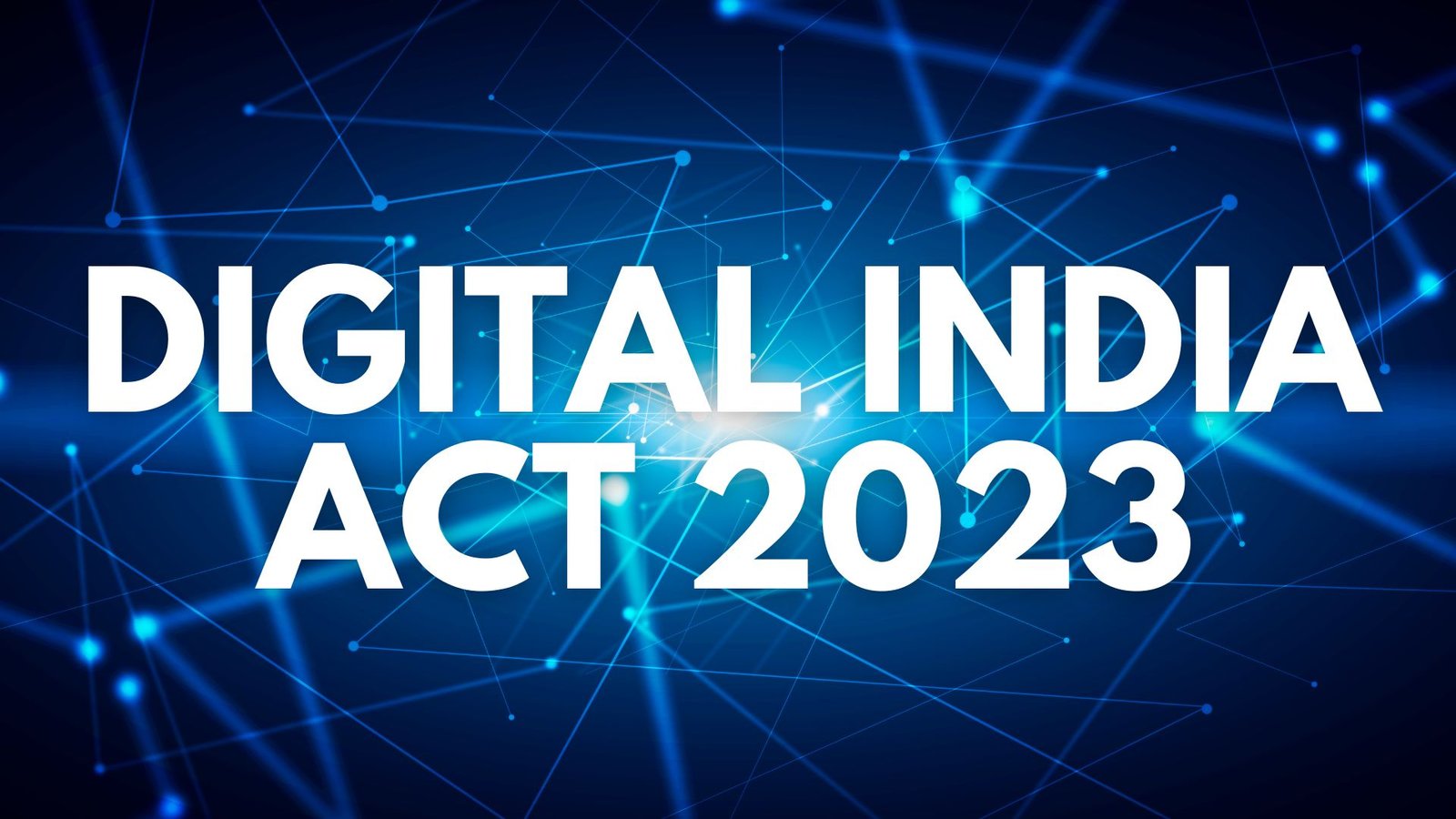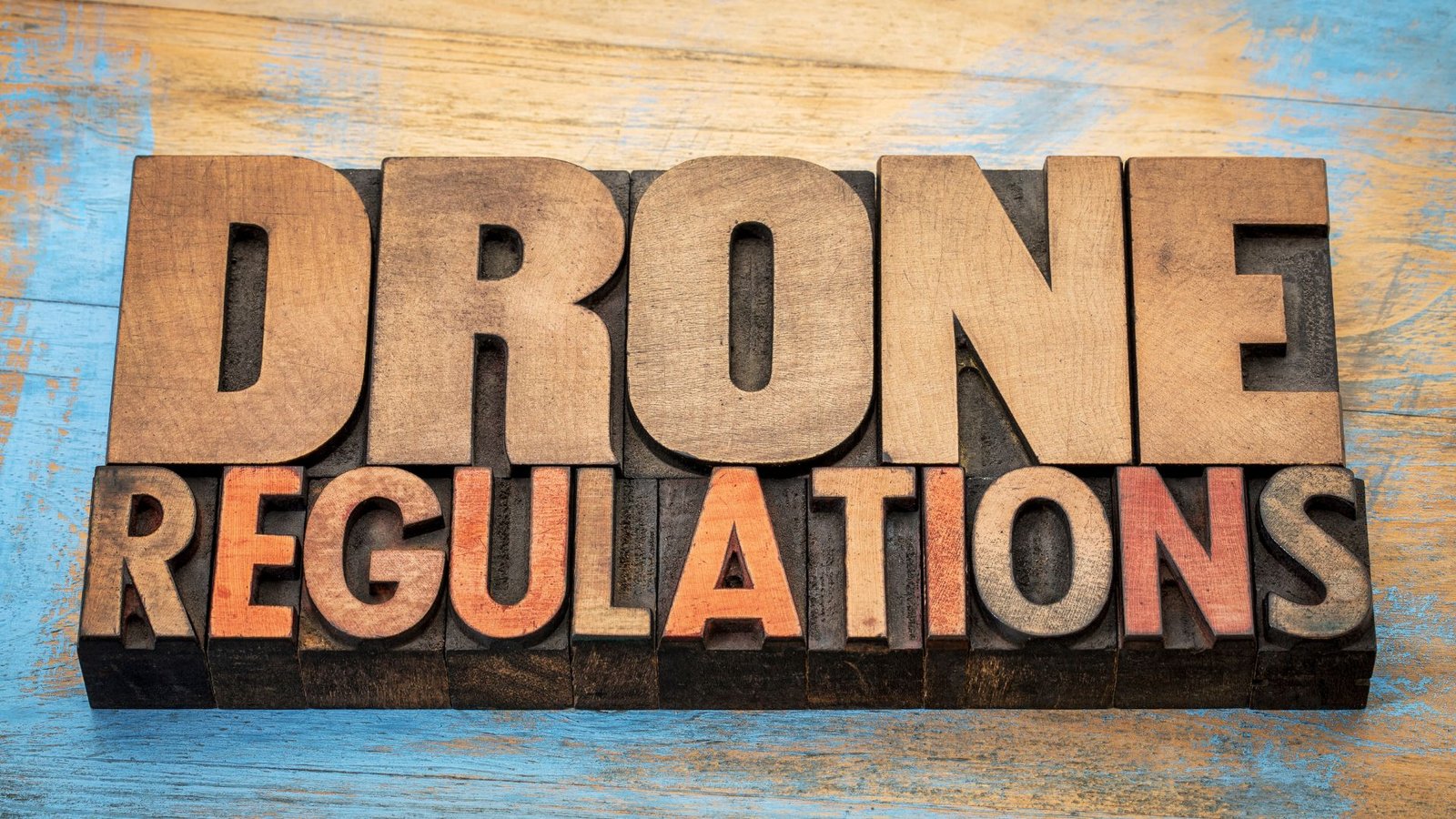On this page you will read detailed information about Digital Personal Data Protection Act 2023.
As a user of digital technologies and services in the modern world, you generate a significant amount of personal data on a daily basis. Your personal data has become an extremely valuable commodity, and it is often collected, used, and shared by companies and organizations in ways you may not fully understand or consent to. To address growing concerns over the use and protection of personal data, lawmakers have been working to establish comprehensive data privacy laws. The Digital Personal Data Protection Act of 2023 is the latest legislative effort to strengthen data privacy rights and give individuals more control over their personal information in the digital age.
What Is the Digital Personal Data Protection Act 2023?
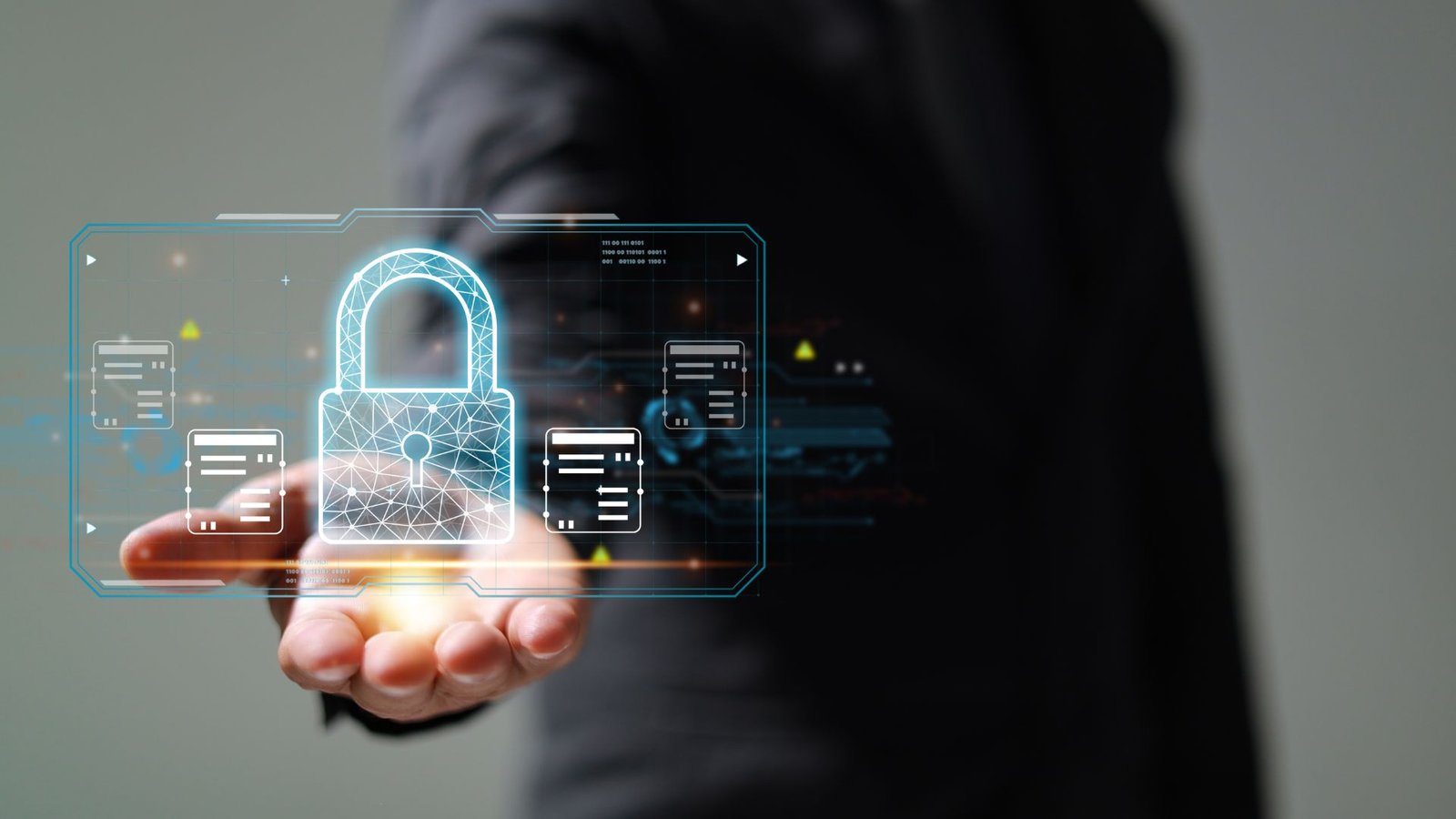
The Digital Personal Data Protection Act, 2023 (DPDPA) is a law passed in 2023 to strengthen data privacy rights and give people more control over their personal information. The DPDPA establishes a set of comprehensive data privacy protections for individuals. It regulates how companies can collect, use, and share personal information.
Under the DPDPA, companies must obtain your consent before collecting or sharing your personal data. Personal data refers to any information that can be used to identify you, such as your name, address, Social Security number, biometric data, internet activity, geolocation, and more. Companies must clearly explain how your data will be used in a privacy policy and terms of service. You have the right to withdraw your consent at any time.
The DPDPA requires companies to limit data collection to only what is necessary for their services. They must delete or de-identify personal data when it is no longer needed. You have the right to access, correct, delete, and port your personal data. Porting data means transferring it from one service provider to another.
Some additional protections in the DPDPA include data minimization, purpose limitation, data security, transparency, and accountability. Companies must implement appropriate security safeguards to protect personal data from loss, misuse, unauthorized access, disclosure, alteration, and destruction. They must report data breaches to affected individuals and government agencies within 72 hours.
The DPDPA establishes the Digital Privacy Commission (DPC) to enforce the law. The DPC has the authority to investigate violations, issue fines, and pursue legal action against companies that fail to comply. Fines can be up to 4% of annual global revenue.
In summary, the Digital Personal Data Protection Act, 2023 grants individuals more control and protection over their personal information in the digital age. It forces companies to be transparent in how data is collected and used, and hold them accountable for privacy and security violations. The DPDPA marks an important step forward for data privacy rights.
Key Provisions in the Digital Personal Data Protection Act
The Digital Personal Data Protection Act, 2023 (DPDPA) was enacted to strengthen data privacy rights and protections for individuals. Some of the key provisions in the DPDPA include:
Data Privacy Rights
The DPDPA grants individuals certain rights regarding their personal data, including:
- The right to access their personal data collected by companies. Individuals can request a report on what personal data a company has collected about them, how it’s used, and with whom it’s shared.
- The right to correct inaccurate personal data. If an individual’s data is incomplete or incorrect, they have the right to request that the company update or amend the information.
- The right to delete personal data, also known as “the right to be forgotten.” Individuals can request that a company delete their personal data under certain circumstances, such as if the data is no longer necessary for the purpose it was collected.
- The right to opt out of the sale or sharing of personal data. Individuals have the right to request that a company not sell or share their personal information with third parties.
- The right to data portability. Individuals have the right to request a transfer of their data to another controller or service provider in a commonly used format. For example, transferring photos from one social network to another.
Data Collection and Use Limitations
The DPDPA places restrictions on how companies can collect and use individuals’ personal data. Some of the key limitations include:
- Requiring valid legal grounds for collecting and using personal data, such as the individual’s consent or to fulfill a contract.
-Limiting the collection of personal data to only what is necessary for the specified and legitimate purposes. Excessive data collection is prohibited.
- Requiring transparency about how personal data is collected, used, shared and secured. Companies must provide clear and easy to understand privacy policies and notices.
- Implementing data security measures like encryption and access controls to protect personal data from unauthorized access, theft or breach. Failure to do so can result in significant penalties.
- Restricting the use of personal data for purposes beyond what the individual has consented to or what is necessary to fulfill the legitimate interests of the company. Personal data cannot be used in ways that could negatively impact or discriminate against individuals.
How the Act Protects Personal Data Privacy
The Digital Personal Data Protection Act of 2023 (DPDPA) aims to strengthen data privacy rights and give individuals more control over their personal information in the digital age. Under the DPDPA, companies are required to obtain your consent before collecting or sharing your personal data. They must clearly disclose how your data will be used in an easy-to-understand privacy policy. You have the right to access your data, correct inaccuracies, delete it, or opt out of data collection altogether.
Limits on Data Collection and Use
The DPDPA places restrictions on companies’ ability to collect and use personal data. They can only collect data that is directly relevant and necessary to accomplish a specified purpose that you have consented to. Your data cannot be used for any undisclosed secondary purposes. Companies must also put reasonable security measures in place to protect your data from unauthorized access, disclosure, or hacking.
Right to Access and Delete Your Data
You have the right to request a copy of all the personal data a company has collected about you. This includes metadata, inferences, and any profiles they have created. You can also request that your data be deleted, and the company must comply unless they can demonstrate a legitimate reason for needing to retain it. When you delete your data, the company must also delete any profiles or models that were built using your data.
In the previous post, we had shared information about An Overview of Digital India Act 2023, so read that post also.
Enforcement and Penalties
The DPDPA is enforced by the Federal Trade Commission (FTC), with penalties for violations including large fines and even criminal prosecution for repeat or willful offenses. Private companies and individuals may also pursue legal action against companies for DPDPA violations. The potential consequences are intended to incentivize companies to fully comply with the law and make data privacy a priority in their business practices.
Overall, the Digital Personal Data Protection Act establishes robust safeguards for individuals’ privacy in an era of increasing data collection and analytics. By limiting how companies can obtain and use your personal information and giving you more control and transparency, the DPDPA aims to build trust in an increasingly data-driven digital economy. Companies that respect these rights and principles will be better positioned to gain users’ confidence and consent to legally and ethically leverage data to improve products, services, and experiences.
Compliance Requirements for Companies
To comply with the Digital Personal Data Protection Act (DPDPA) of 2023, companies must implement several requirements to properly handle individuals’ personal data.
Data Protection Officers
Companies must designate one or more Data Protection Officers (DPOs) who are responsible for overseeing data protection compliance and provide training for employees who handle personal data. DPOs must have expert knowledge of data protection laws and practices.
Data Protection Policy
A written data protection policy must outline how the company collects, uses, retains, discloses, and destroys personal data. The policy should include:
- What types of data are collected and the purposes for which they are used
- How data is collected (with individual consent) and stored securely
- Employees’ responsibilities for handling personal data
- Individuals’ rights to access, correct or delete their data
- Procedures for data breaches
The policy must be transparent and easily accessible to individuals.
Consent and Privacy Notices
Companies must obtain explicit consent from individuals before collecting or using their personal data. Privacy notices must clearly and concisely inform individuals about how their data will be used. Notices should be easy to understand, with options for individuals to consent to certain types of data use but not others.
Data Security
Robust security measures must be in place to protect personal data from unauthorized access, loss, destruction, or damage. This includes data encryption, multi-factor authentication, employee training, and regular risk assessments. In the event of a data breach, the DPO must notify authorities within 72 hours. Individuals affected must also be notified promptly.
Data Subject Rights
Individuals have rights to their personal data under the DPDPA, including rights to access, correct, delete, or opt-out of certain types of data use. Companies must have simple processes in place for individuals to exercise these rights. Requests must be fulfilled within 30 days.
Following these key requirements and providing transparency in how personal data is handled can help companies achieve compliance with the DPDPA and maintain individuals’ trust and privacy. Regular reviews of policies and procedures are also needed to account for changes in technology, security risks, and legal obligations.
FAQs on the Digital Personal Data Protection Act
The Digital Personal Data Protection Act of 2023 (DPDPA) aims to strengthen data privacy rights and protections for individuals. If you have questions about how this new law may impact you or your business, here are some frequently asked questions and answers:
The DPDPA protects personally identifiable information (PII) like:
I) Names, addresses, social security numbers, biometric data
II) Online identifiers such as IP addresses, cookies, and radio frequency identification tags
III) Location data, internet activity, and geolocation information
IV) Health, financial, education, and employment details
The DPDPA establishes guidelines around:
I) Obtaining proper consent before collecting or sharing PII. Consent must be freely given, specific, informed, and unambiguous.
II) Limiting data collection and retention to only what is necessary and relevant for the stated purpose. Excessive or irrelevant data cannot be collected.
III) Providing transparency by informing individuals of how their data will be used and secured, as well as their rights to access and delete data.
IV) Implementing reasonable security measures to protect PII from unauthorized access, disclosure, or destruction.
V) Restricting the sharing of PII with third parties unless individuals provide consent. Data can only be shared for the purpose it was originally collected.
The DPDPA gives individuals certain rights regarding their PII:
I) The right to access their PII to view what data a company has collected.
II) The right to rectification of inaccurate PII. Individuals can request corrections to their data.
III) The right to erasure or deletion of PII when it’s no longer necessary for the original purpose. This is also known as “the right to be forgotten”.
IV) The right to restrict or object to certain types of data processing like direct marketing.
V) The right to data portability which allows individuals to obtain and reuse their PII for their own purposes.
The DPDPA establishes much-needed protections and control over personal data in the digital age. Both individuals and organizations handling PII will need to understand their rights and responsibilities under this new law.
Conclusion
As digital data becomes increasingly integrated into all aspects of life, laws like the Digital Personal Data Protection Act are critical for safeguarding people’s privacy and security. While technology offers many benefits, it also exposes individuals to new risks regarding how their personal information is collected, used, and shared. By setting clear rules around data privacy and consent, this legislation gives people more control and transparency over their data. Though the law may require some adjustments to current business practices, the long term impact will be building greater trust between companies and customers. Overall, the Digital Personal Data Protection Act is an important step towards data policies that put individuals first in an era of widespread data sharing. With open communication and shared responsibility across sectors, privacy and innovation can absolutely co-exist.
Disclaimer
The information and services on this website are not intended to and shall not be used as legal advice. You should consult a Legal Professional for any legal or solicited advice. While we have good faith and our own independent research to every information listed on the website and do our best to ensure that the data provided is accurate. However, we do not guarantee the information provided is accurate and make no representation or warranty of any kind, express or implied, regarding the accuracy, adequacy, validity, reliability, availability, or completeness of any information on the Site. UNDER NO CIRCUMSTANCES SHALL WE HAVE ANY LIABILITY TO YOU FOR ANY LOSS OR DAMAGE OF ANY KIND INCURRED AS A RESULT OR RELIANCE ON ANY INFORMATION PROVIDED ON THE SITE. YOUR USE OF THE SITE AND YOUR RELIANCE ON ANY INFORMATION ON THE SITE IS SOLELY AT YOUR OWN RISK. Comments on this website are the sole responsibility of their writers so the accuracy, completeness, veracity, honesty, factuality and politeness of comments are not guaranteed.
So friends, today we talked about Digital Personal Data Protection Act 2023, hope you liked our post.
If you liked the information about Digital Personal Data Protection Act 2023, then definitely share this article with your friends.
Knowing about laws can make you feel super smart ! If you find value in the content you may consider joining our not for profit Legal Community ! You can ask unlimited questions on WhatsApp and get answers. You can DM or send your name & number to 8208309918 on WhatsApp

